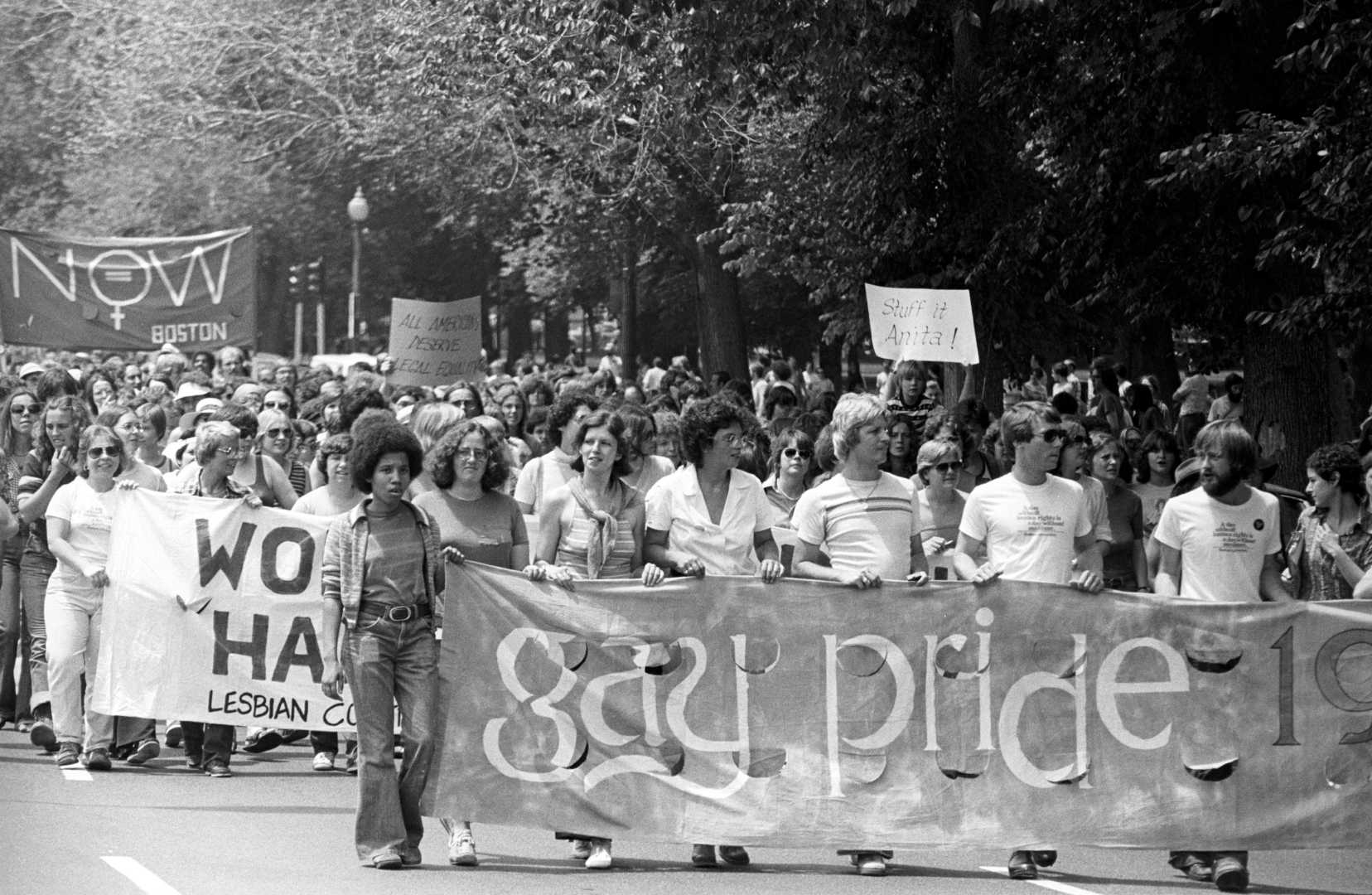News
Lesbians Seek Separation from LGBT Movement, Raising Controversial Claims

Washington, D.C. — On Thursday, May 22, 2025, discussions around the LGBT movement took a contentious turn as a prominent article in The Spectator argued that lesbians should distance themselves from the broader movement. Julie Bindel, a feminist activist and openly lesbian writer, suggested that the current LGBT+ inclusive label has marginalized lesbian voices the most.
Bindel’s piece reignited debates on gender identity within the LGBT community, claiming that lesbians now feel sidelined due to the growing influence of transgender ideologies. She stated, “As the LGBT+ acronym has expanded, many lesbians have come to feel less and less included,” highlighting the perceived tensions between different identities in the movement.
Bindel argued that the addition of transgender identities into the LGBT acronym alters the focus of the movement, stating, “The reality is that while lesbians and gay men often get lumped together, we actually have little in common.” This perspective challenges the narrative of unity within the LGBT community, indicating deeper rifts fueled by the evolving conversation about gender identity.
Moreover, Bindel criticized the dominance of transgender voices in spaces traditionally reserved for women. “Lesbians have been scorned and treated badly. We’ve been accused of bigotry and hatred because we don’t want to share female-only spaces with biological males,” she wrote, underlining the internal conflict of interests within the LGBT movement.
In a related article, author Lionel Shriver also expressed concerns about shifting definitions of gender, arguing in favor of maintaining biological sex as a legitimate categorization. Shriver’s commentary follows the UK Supreme Court’s clarification that “sex means biological sex,” illustrating an ongoing societal debate over gender identity that informs discussions on law, rights, and inclusion.
The discussions surrounding gender identity and the LGBT movement have gained traction, reflecting wider cultural conversations about feminism, rights for marginalized groups, and the implications of shifting social norms. As the community navigates these complex dynamics, the calls for separation by some identity groups illustrate a significant moment of re-evaluation within the broader movement.
Bindel concluded her piece with a bold assertion: “It’s high time to recognize that gay men, lesbians, and transgender people are different,” advocating for a reassessment of alliances in light of these emerging tensions.












